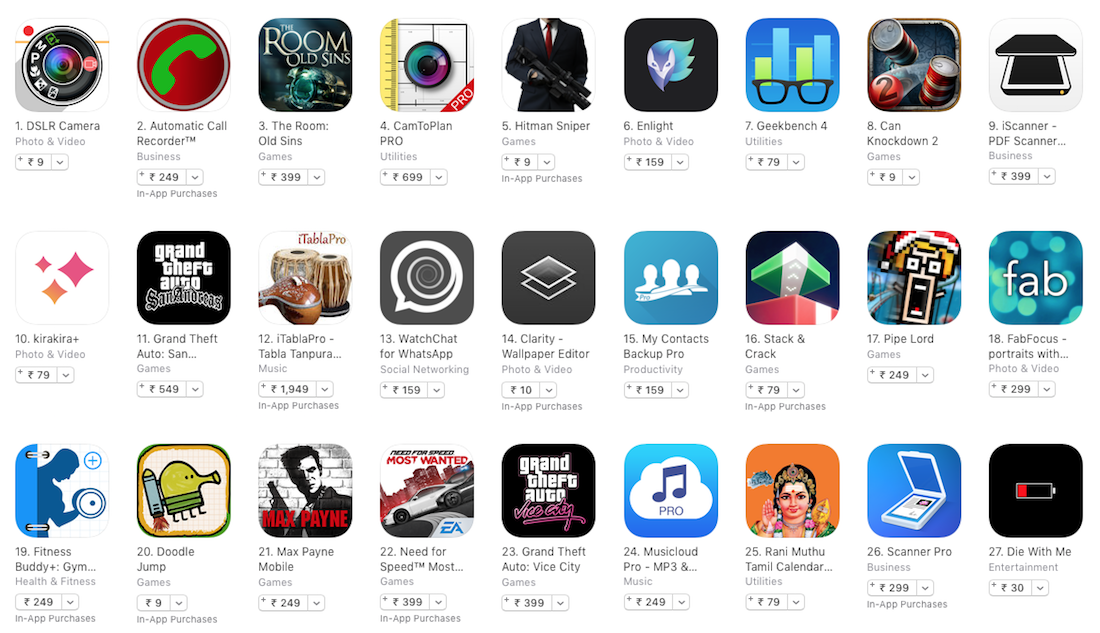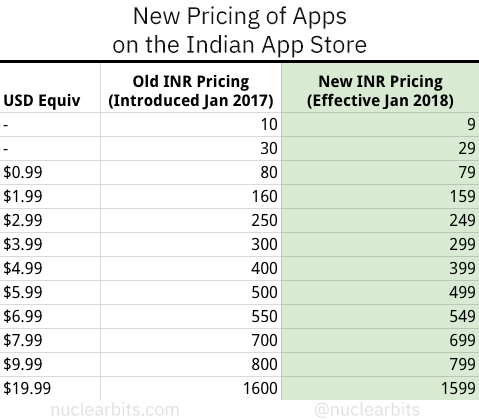Apple Introduces (RED) iPhone 8 and iPhone 8 Plus
Apple has today introduced (PRODUCT)RED iPhone 8 and iPhone 8 Plus, which will be available for order on Apple.com starting April 10, 2018 (tomorrow) and in Apple Stores starting April 13, 2018 (Friday).
For 11 years, our partnership with (RED) has supported HIV/AIDS programmes that provide counselling, testing and medicine that prevents the transmission of HIV from a mother to her unborn child. So far, we’ve raised over US$160 million through the sale of our (RED) products. Every purchase brings us a step closer to an AIDS‑free generation.
These new (RED) models of the iPhone 8 and iPhone 8 Plus) will be available in 64GB and 256GB versions for the standard non-RED pricing of $699/$849 and $799/$949 respectively. The India pricing has been announced as starting at ₹67,940/- and will be available in May.

